The United States government is preparing to terminate Temporary Protected Status for citizens of Myanmar, stripping legal protection from thousands of people despite the country’s continuing civil war and instability.
On Monday, the Department of Homeland Security issued a draft notice in the Federal Register confirming that Homeland Security Secretary Kristi Noem had decided Myanmar no longer meets the conditions required for TPS designation.
“After reviewing country conditions and consulting with appropriate U.S. Government agencies, the Secretary determined that Burma [Myanmar] no longer continues to meet the conditions for designation for Temporary Protected Status,” the document said. “The Secretary, therefore, is terminating the Temporary Protected Status designation of Burma as required by statute.”
At present, 3,969 Myanmar nationals hold TPS in the US, allowing them to live and work legally because returning home would pose serious risks. An additional 236 applications remained pending as of November 10.
The decision fits neatly into President Donald Trump’s broader push to curtail immigration and dismantle temporary protections. His administration has already tried to revoke TPS for citizens of Haiti, Afghanistan, Venezuela and other crisis-hit countries.
Last week, Trump went further, posting on Truth Social that he was “hereby terminating, effective immediately, the Temporary Protected Status (TPS Program) for Somalis in Minnesota” and accused Somali gangs of “terrorizing” the state. “Send them back to where they came from. It’s OVER,” he wrote.
Legal experts have questioned whether a president can revoke TPS for a specific group in a specific state, with critics arguing the move is designed less as policy and more as political intimidation aimed at driving immigrants out.
Beyond TPS, the administration has also slashed the refugee admissions cap to a historic low of 7,500 and is seeking to roll back “humanitarian parole” protections that allow people to enter the US on temporary emergency grounds.
Several of these efforts remain tied up in court, but the Supreme Court has largely supported the White House’s direction. In a May 30 ruling, the court lifted a block on ending humanitarian parole for nearly 500,000 Cubans, Nicaraguans, Venezuelans and Haitians. Dissenting, Justice Ketanji Brown Jackson warned the decision “undervalues the devastating consequences” for immigrants whose lives could be upended while legal challenges continue.

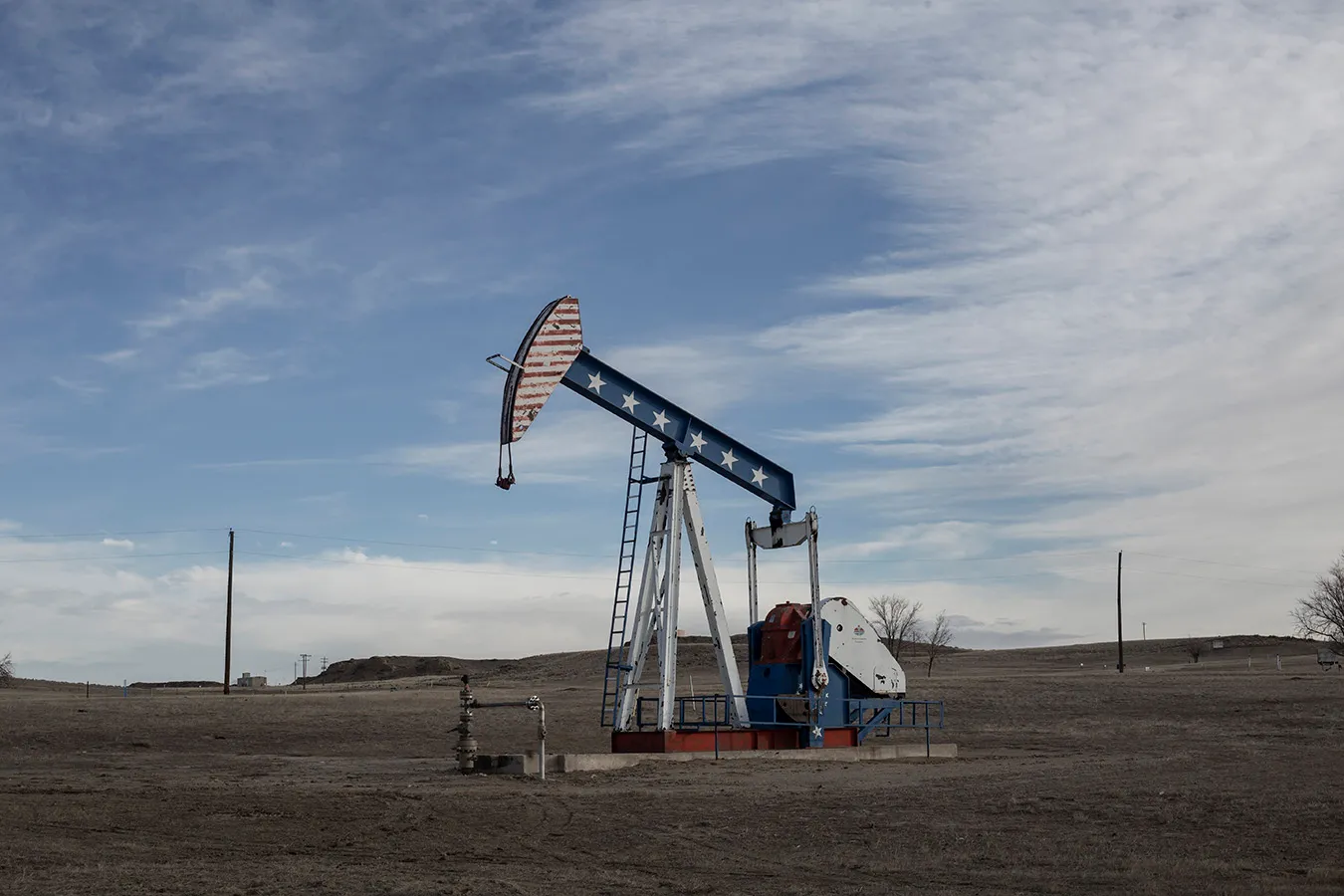
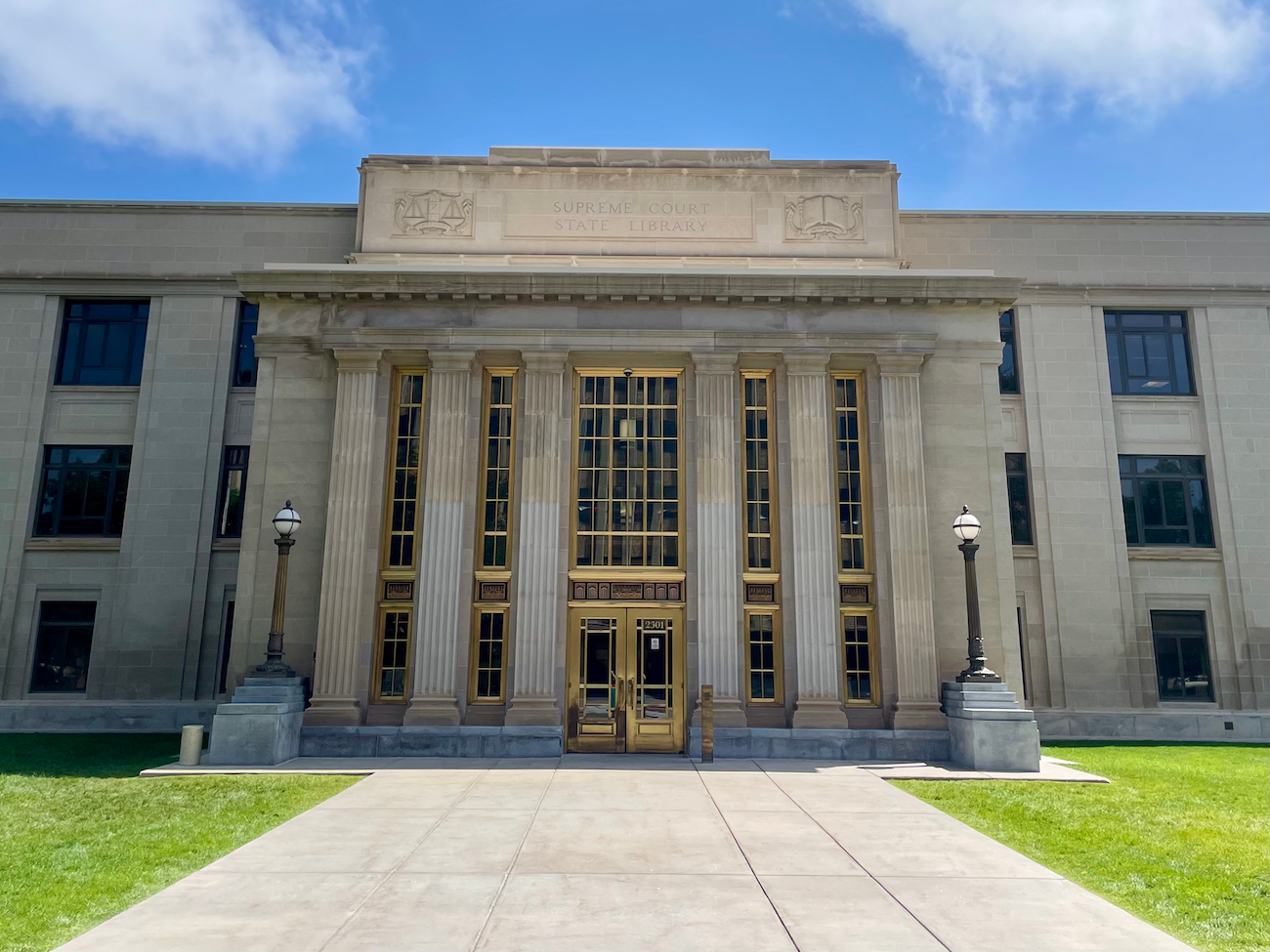
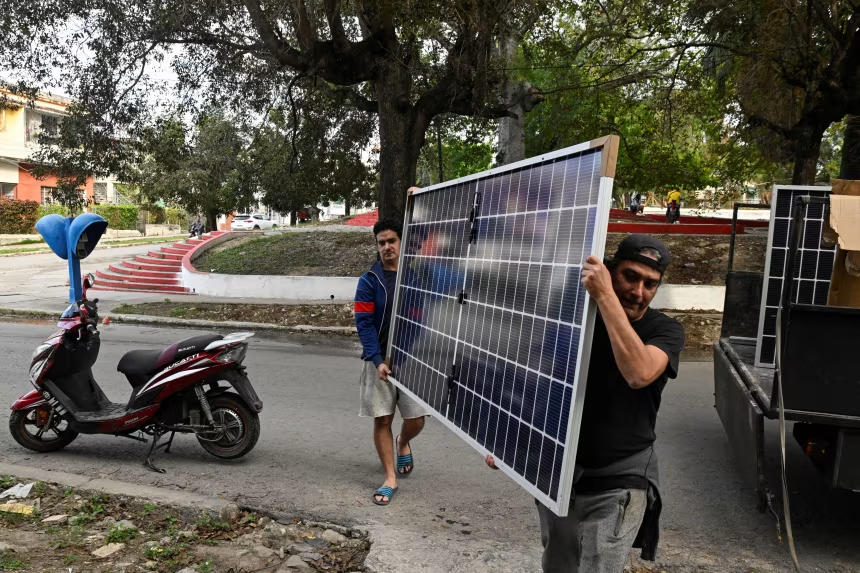
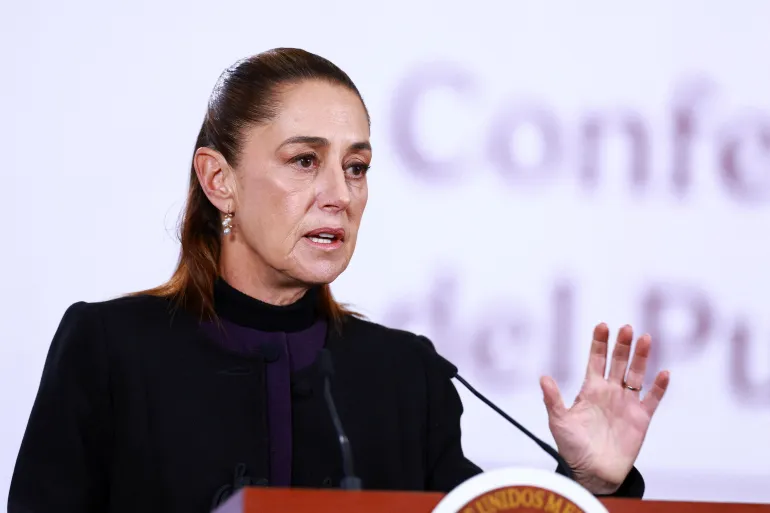
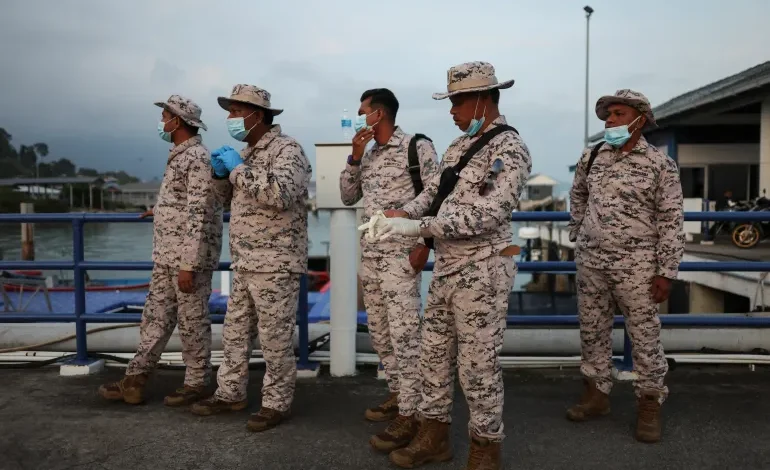




The latest news in your social feeds
Subscribe to our social media platforms to stay tuned